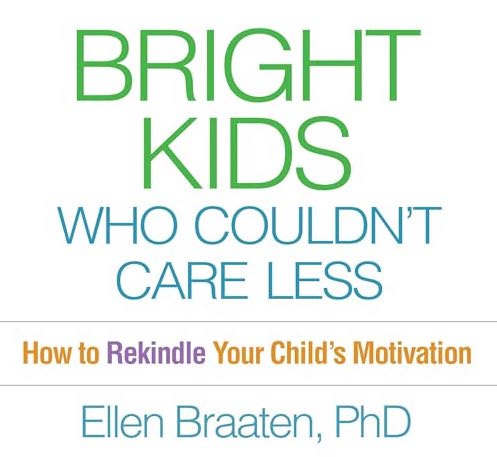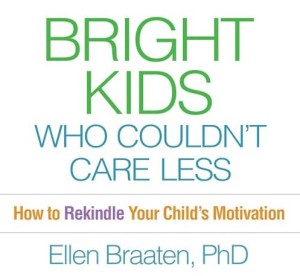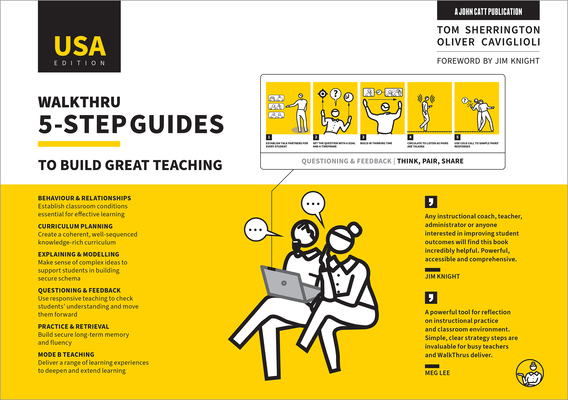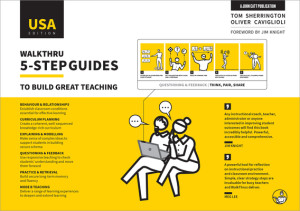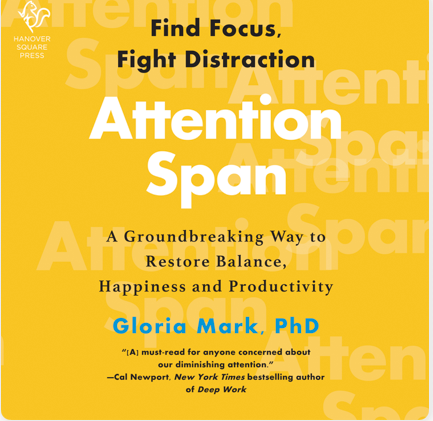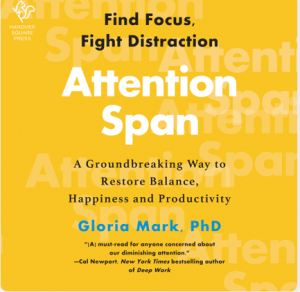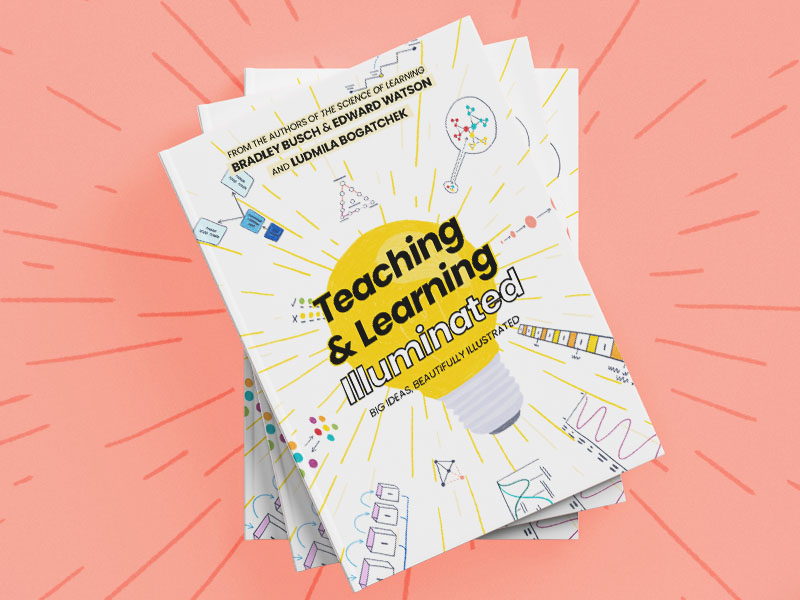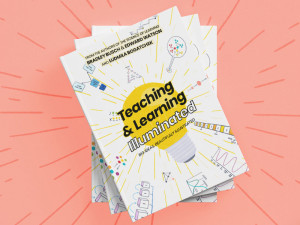I’m straight-up asking for some guidance here.
Here’s the story…
“Psychologically Privileged”
For many years now, I’ve seen the claim that “narrative is psychologically privileged.”
That is: we humans understand and remember stories better than we remember other kinds of informational presentations — say, essays.
Because I’ve read this statement so many times, I didn’t really think about it — other than to accept it’s probably true.
Also — I will admit — I spent some time feeling a bit smug. As an English teacher, I get to hang out with narratives all the time. If this claim is true, my discipline has it made.
I recently came across a meta-analysis examining this claim of psychological privilege. Sure enough, it found that:
“Based on over 75 unique samples and data from more than 33,000 participants, we found that stories were more easily understood and better recalled than essays.” (Emphasis added)
Technically speaking, 33,000 is a very large number.
Given this much data, I thought, SURELY teachers should teach with stories more than with exposition.
And then, I started feeling a bit queasy…
Let’s Get Practical
If you read this blog often, you know that I’m always trying to understand how a specific research finding can actually be used in classrooms.
So: how EXACTLY might teachers use this advice?
The obvious answer: when we have a choice, we should use the narrative version of an explanation instead of an expository one.
But here’s the catch: realistically speaking, how often do we have a choice? How easily can we switch between these two modes?
For example: I know how to present The Grapes of Wrath as a narrative. (It IS a narrative.)
But if I want my students to know …
the definition of a sonnet, or
the difference between personification and hyperbole, or
the qualities of a well-written thesis paragraph,
… how can I present that information as a narrative?
Of course, I could give examples of all those things. (I always do.) But examples aren’t narratives.
Honestly, I was kinda stumped.
Let the Quest Begin
But wait!
An obvious solution tapped me on the shoulder. I have, right here on my computer screen, a meta-analysis about the superiority of narrative! I can simply review the studies it meta-analyzes, and find strategies to accomplish this task.
I reviewed the document, and identified all the studies showing the benefits of narrative published after 2000. (Yes, that’s an arbitrary cut off, but it seemed handy and plausible.)
Believe it or not, only ONE of the studies even attempts to answer this vital question.
That is: almost all of the studies show that students understand narrative passages better than exposition, and remember them better.
But only this one tries to present the same information both ways.
Specifically, students read short passages about the circulatory system.
Some students read a version as a story: a young man named Alex shrinks himself into a tiny person, gets pulled into a passer-by’s lungs, and travels through the circulatory system to escape.
Other students read more traditional textbook explanations of the circulatory system.
In other words: my quick survey found only one example of expository information (the bad stuff) being translated into narrative (the good stuff).
One example doesn’t give teachers lots to work with.
And, the situation gets worse — in two ways.
Double Trouble
First: students in this study don’t (exactly) understand and remember the narrative better that the traditional exposition.
Instead, the researchers find that that the student’s prior knowledge is the key variable. I quote directly from the abstract:
“Learning and recall did not differ as a function of text genre overall [that is: narrative vs. exposition], but did interact with prior knowledge.” (Emphasis added)
In other words: we’ve got only one example to go on — and the example didn’t work as promised!
Second: more subjectively, I found the “tiny-man-pulled-into-the-lungs-story” rather confusing.
You can the sample passages here: check out Appendix B at the end.
I get that the story is a bit more interesting…but I’m not at all sure that I would have learned more from reading it.
In fact, other research into the “seductive details” effect increases my worry.
What if my cool and memorable stories actually distract my students instead of helping them?
The Problem, and The Ask
So here’s my problem: I’d like to be able to tell teachers how to use this research.
I’d like to say: “because students learn better from stories than from exposition, you can/should convert exposition into stories in this way…”
And yet, realistically speaking, I can’t figure out how to make that advice work. How can teachers do so?
So here’s my ask: can anyone out there help me out?
Do you know of research that answers this question more directly and successfully?
Do you have ideas how exposition can realistically become narrative?
I’d really like to know.
BTW, x2
BTW #1: I am, with this post, inaugurating what might be a series of questions. Rather than trying to provide answers, I increasingly find myself in search of them.
So, depending on the responses I get to this “help me understand” format, I might try it again.
BTW #2: Because we were getting SO MUCH SPAM on this blog, we had to add filters to the comment function. If you DO have an answer to my question, but you’re not able to get past those filters, you can email me directly at [email protected].
I really hope to hear from you!
Mar, R. A., Li, J., Nguyen, A. T., & Ta, C. P. (2021). Memory and comprehension of narrative versus expository texts: A meta-analysis. Psychonomic Bulletin & Review, 28, 732-749.
Wolfe, M. B., & Mienko, J. A. (2007). Learning and memory of factual content from narrative and expository text. British Journal of Educational Psychology, 77(3), 541-564.






